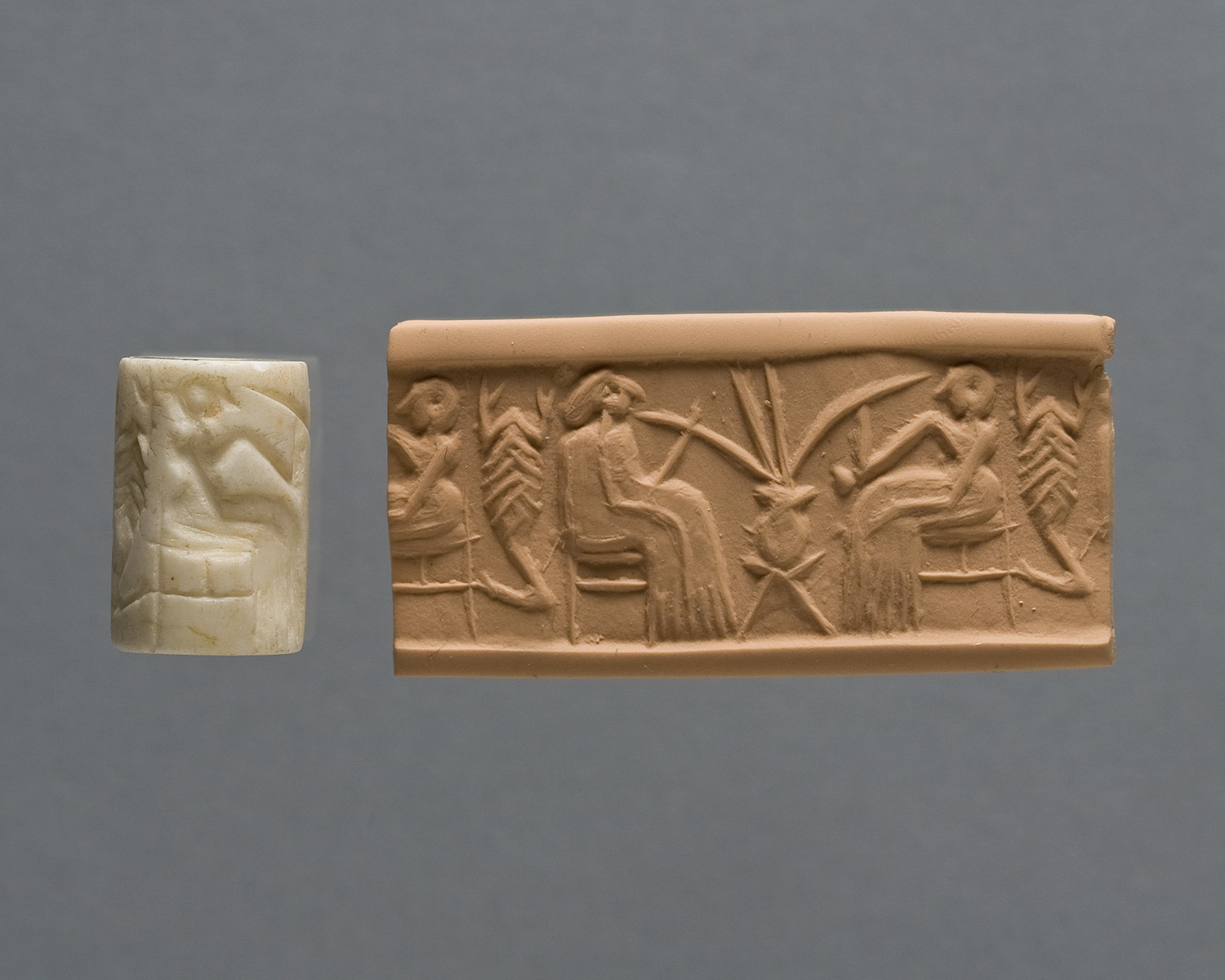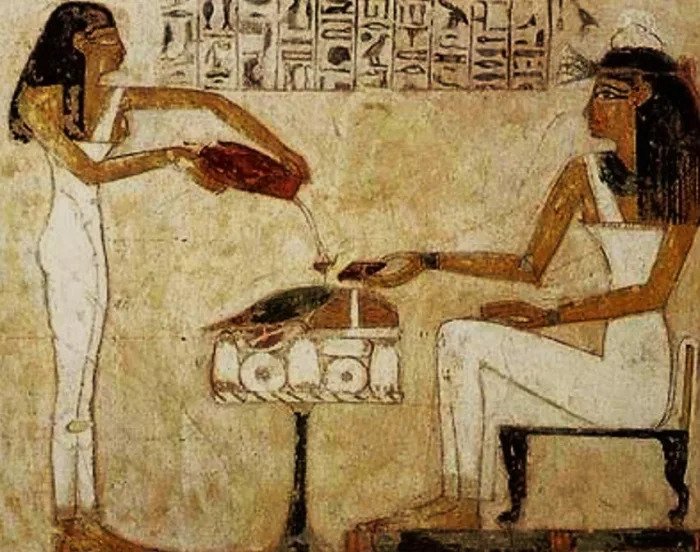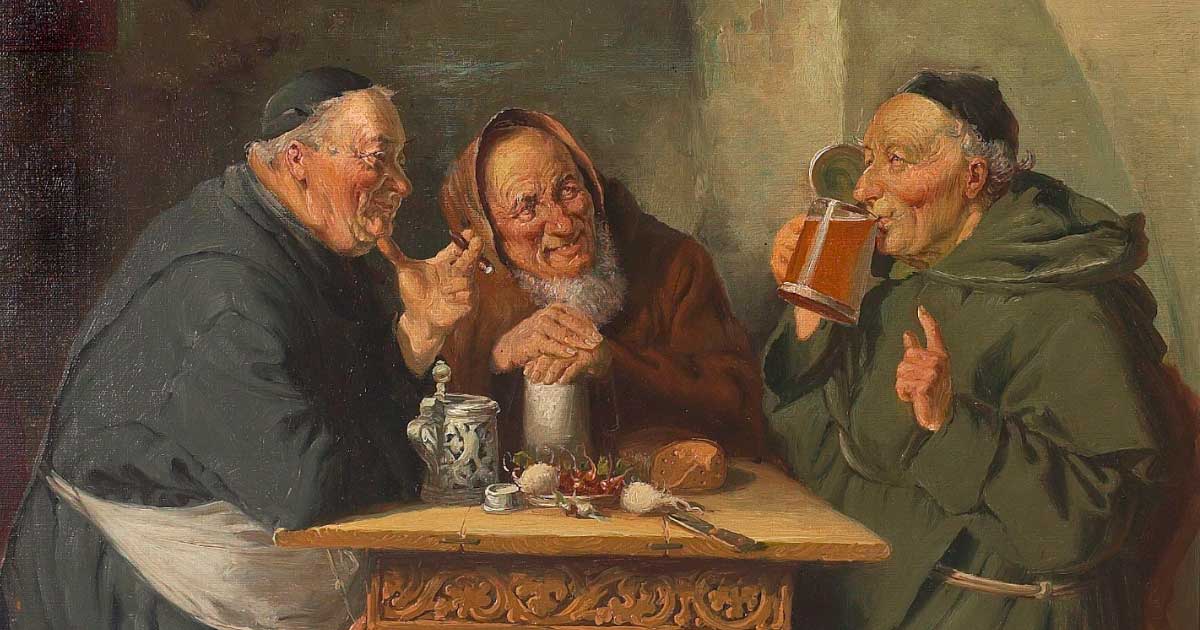
Rawya Lamei
Image via Twitter
Founded in August 2007 in Santa Cruz, California, International Beer Day is dubbed by its creator, Jesse Avshalomov, as “an experiment in virality gone horribly right”. Seemingly born by accident, this event, celebrated on the first Friday of August each year, aims to bring people together to enjoy the taste of beer, celebrating the beers of all nations and honouring those responsible for brewing and serving beer.
Among the world’s oldest cold beverages, beer is a staple just about everywhere in the world (for those who drink, of course), and the history behind it is fascinating. The origins of beer should be another reason to celebrate the event, especially given the role it has played in keeping workers in ancient Egypt refreshed and productive.

Image via The University of Chicago
It is generally thought that beer originates from Germany, but while they may have been the ones to perfect the art of beer brewing, the craft began much closer to home. Beer likely originates from the Middle East, with the first traces of beer production dating back five thousand years to the Sumerians of ancient Mesopotamia in modern-day Iraq. Beer was so important to the Sumerians that they had a goddess of beer and beer brewing, known as Ninkasi (likely meaning mistress of beer). Brewing eventually travelled and made its way to Egypt, where it quickly became widely enjoyed by the poor while remaining central to the diet of the wealthy.

Image via Lords of the Drinks
Beer was considered a drink of the gods. Legend has it that the Egyptians attributed the acquisition of the art of agriculture to Osiris, the god of death and rebirth, the art of brewing was also instructed by Osiris. The craft was generally, although not exclusively, a female activity.

Image via Ancient Origins
From Egypt, beer eventually made its way to the Greeks and the Romans, although it was not as popular among those who favoured wine. But modern beer brewing can be partially attributed to the Romans, particularly to the medieval monks of Central Europe, where monasteries became centres for brewing. These monks eventually began to sell their brews, turning beer into a hugely successful industry as brewing grew outside the monasteries and into a competitive market.
Fast forward a few hundred years, and while we no longer host religious ceremonies honouring beer, the tradition of bringing people together over the love of beer is still going strong. Between International Beer Day and Germany’s Oktoberfest, beer has maintained its position as one of the world’s most beloved beverages.
recommended
 Arts & Culture
Arts & Culture
The Coptic Museum: The History of Egypt to the Tunes of Psalms of David
arts & culture cairo museums +4 Health & Fitness
Health & Fitness
Egyptians in the 2024 Summer Olympics
Egyptians in the Olympics Olympics +1 City Life
City Life
Weekend Guide: Bazar by Sasson, Memo, The Cadillacs, Heya Bazaar, Dou, Nesma Herky & More
Concerts The Weekend Guide +2 Arts & Culture
Arts & Culture

